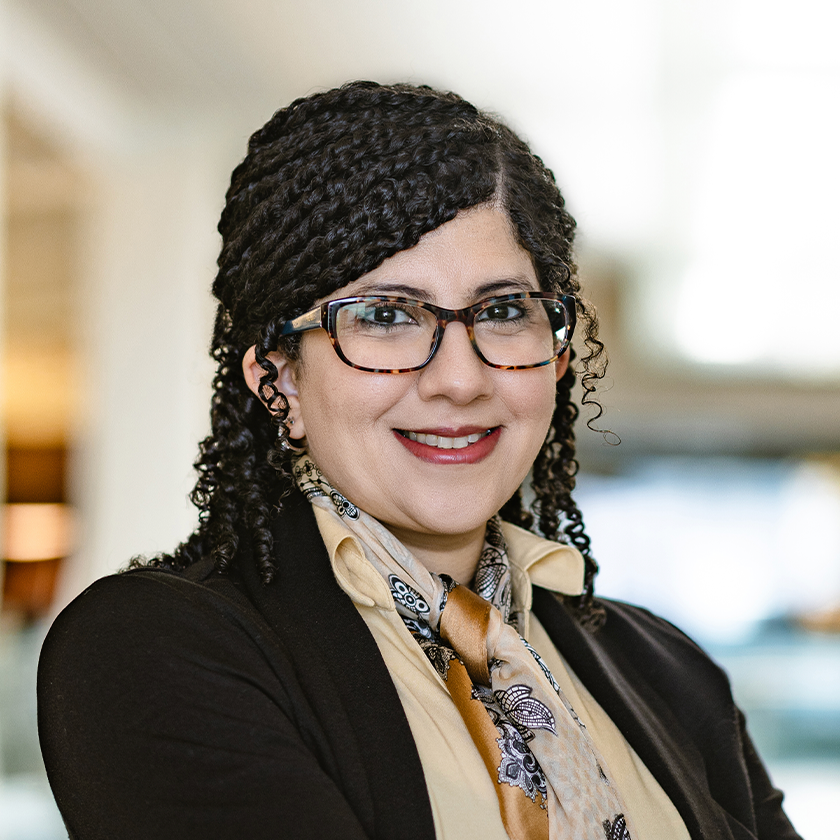
Jasmeen Merzaban
Associate Professor, Bioscience
Biological and Environmental Science and Engineering Division
By delving into the intricate mechanisms of cell migration and engineering cell surface glycans, we pave the way for innovative therapeutic strategies that can transform treatments for diseases like cancer and autoimmune disorders, ultimately enhancing patient outcomes and fostering a healthier future.
Program Affiliations
Center of Excellence
Biography
Professor Jasmeen Merzaban is an Associate Professor and a founding faculty member at KAUST, primarily affiliated with the Bioscience Program and the Center of Excellence for Smart Health. Since joining KAUST in 2009 and following her Ph.D. studies at the University of British Columbia, Canada, and postdoctoral research at Harvard, USA, she has been instrumental in cultivating stem cell research within the Arab world. Her extensive research contributions include over 80 peer-reviewed publications and several patents in her field. Beyond her scientific contributions, she is deeply devoted to nurturing the next generation of scientists, having mentored dozens of Master's and Ph.D. students, many of whom are Arab nationals. She is also frequently recognized for her engaging teaching. Her leadership extends to serving as the Bioscience Program Chair and Chair of the Animal Resource Core Lab Steering Committee, reflecting her commitment to advancing scientific excellence and education.
Research Interests
Professor Merzaban's research is driven by a profound mission: to transform foundational glycobiology into impactful tools for real-world diagnosis and intervention. Her laboratory passionately investigates how glycosylation, the intricate language of sugars on cell surfaces, profoundly shapes the behavior of cancer and stem cells, with a particular focus on hematopoietic cells and leukemias.
Her team has achieved significant breakthroughs including, identifying glycosyltransferase-based gene signatures that precisely classify tumors, predict subtypes, and guide prognosis, laying a robust foundation for RT-PCR-based diagnostic tools currently under development. In parallel, Professor Merzaban’s group is advancing translational research by engineering of novel small molecules designed to target glycan-mediated adhesion, such as E-selectin ligands and specific glycosyltransferases such as fucosyltransferases (i.e., FUT6), aiming to effectively block metastasis and sensitize leukemic cells to treatment. Complementing these efforts, her research also delves into how the activation of the surface receptor CD44 leads to metabolic reprogramming and differentiation in acute myeloid leukemia, uncovering crucial links between succinate metabolism and epigenetic shifts. Most recently, her lab has launched groundbreaking work into glycoRNAs, a new and exciting layer of RNA modification that holds immense potential for regulating communication between cancer cells and their environment.Across all these integrated projects, Professor Merzaban's ultimate goal is to translate complex biological insights into innovative strategies that directly address critical challenges in human health and disease.
Education Profile
Ph.D., Experimental Medicine, University of British Columbia, Canada, 2005
B.S., Biochemistry, University of British Columbia, Canada, 2000

